5 Pre-Republic Day Speeches by Presidents That Told Us How to Preserve the Republic
As President Ram Nath Kovind addresses the nation on the eve of India's 72nd Republic Day, we look back at five presidential speeches that talk about the pursuit of core ideals that the makers of our Constitution had spelt out.
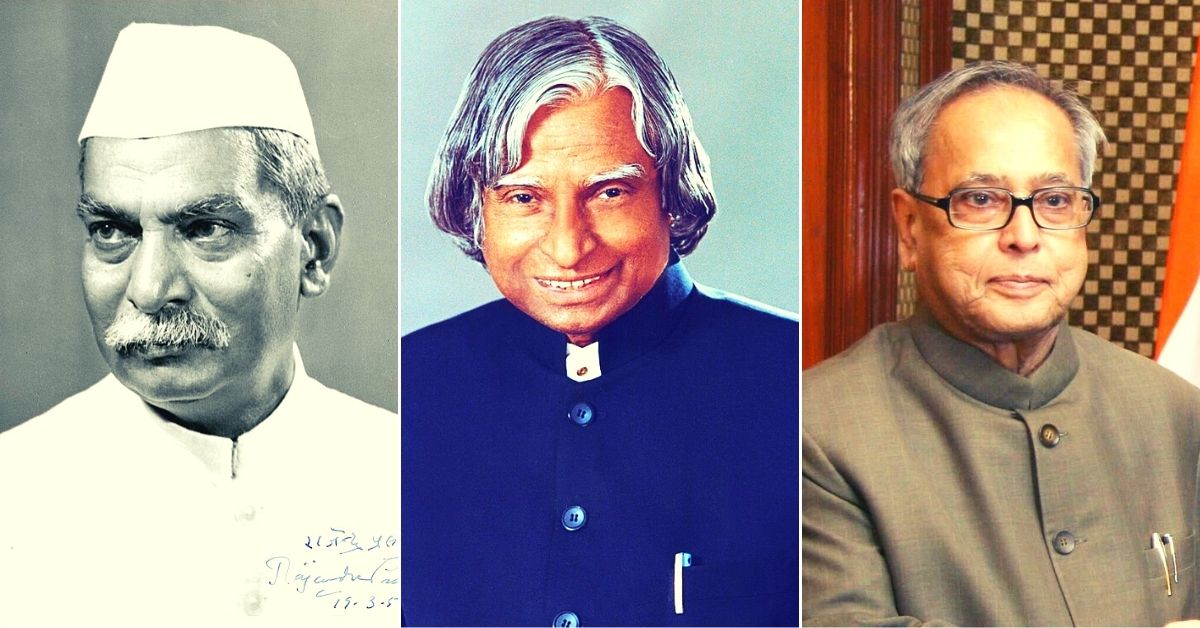
Every year, on the eve of Republic Day, the President of India delivers an annual speech which often calls for collective introspection. The speeches seek to remind the Indian populace not only about how far the country has come since its inception, but also how far we have to go in the pursuit of core ideals that the makers of our Constitution had spelt out.
As President Ram Nath Kovind addresses the nation on the eve of India’s 72nd Republic Day, we look back at five pre-Republic Day presidential speeches of real significance.
Dr. Rajendra Prasad, 1950
When India’s first President, Dr. Rajendra Prasad, made his inaugural Republic address on 26 January 1950, he spoke of the core principles of our Constitution, while also marveling at how this incredibly diverse country had come together under the umbrella of one Union.
“Today, for the first time in a long and chequered history, we find the whole of this vast land, from Kashmir in the north to Cape Comorin in the south, from Kathiawad and Cutch in the west to Cocanada and Kamrup in the east, brought together under the jurisdiction of one Constitution and one Union which has taken upon itself the responsibility of the welfare of more than 320 million men and women who inhabit it,” he said.
In the context of our recent Independence from British Rule and the mass displacement caused by Partition, it became imperative for India’s first citizen to offer his healing touch and articulate the spirit of freedom and openness that would define our Republic.
“We are anxious to rehabilitate and resettle all those displaced persons who have suffered and are still suffering great hardships and privations. Those who are handicapped in any way deserve special help. It is essential that in order to achieve this we must safeguard the freedom that is ours today,” he said of India’s desire to help those displaced by Partition.
“India has never prescribed or prosecuted opinion and faith and our philosophy has a room as much for a devotee of a personal god, as for an agnostic or an atheist,” he added. This is a particularly important point, given the times we live in today.
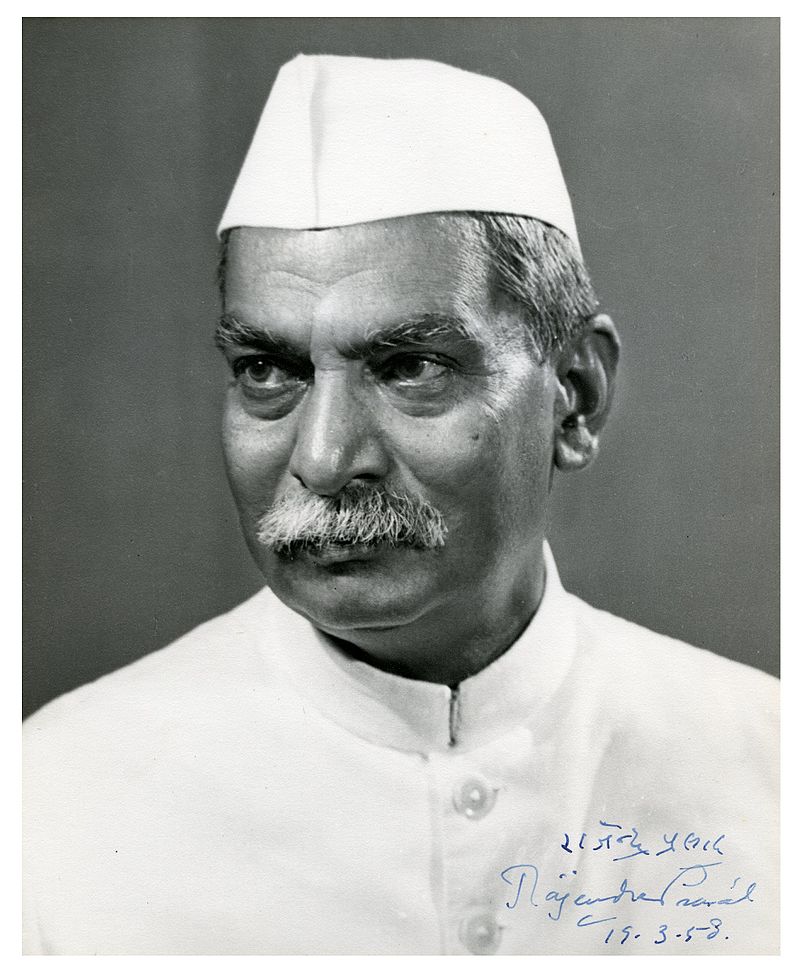
Dr. S Radhakrishnan, 1967
This ranks among the most articulate Presidential addresses ever given. He reminded us of how the destiny of our Republic solely lies in our hands.
“Civilisation is not built with brick and mortar, steel and machinery but with men and women, with clarity of mind, charity of heart and spirit of cooperation. A vision of equality is an act of moral perception, which enables a man, in private or public condition, to see himself in his neighbour. To say of other human beings, or other groups of human beings, that they do not need, or they do not deserve, the advantages that we enjoy, is to dehumanise them,” he noted.
As he goes on to add, subsequently, “Our ties subsist because they were not of iron and steel, or even of gold, but of the silken cords of the human spirit.”
Another remarkable feature of this speech was his ability to take a principle and (indirect) shot at the government of the day. “The last year has been the worst since Independence, full of natural calamities and human failures. In spite of our increased agricultural output and industrial production, we are unable to meet the requirements of a growing population. The drought conditions are worse than ever before in this century. Yet, even after making allowance for all the difficulties of the situation, we cannot forgive widespread incompetence and the gross mismanagement of our resources,” he said.
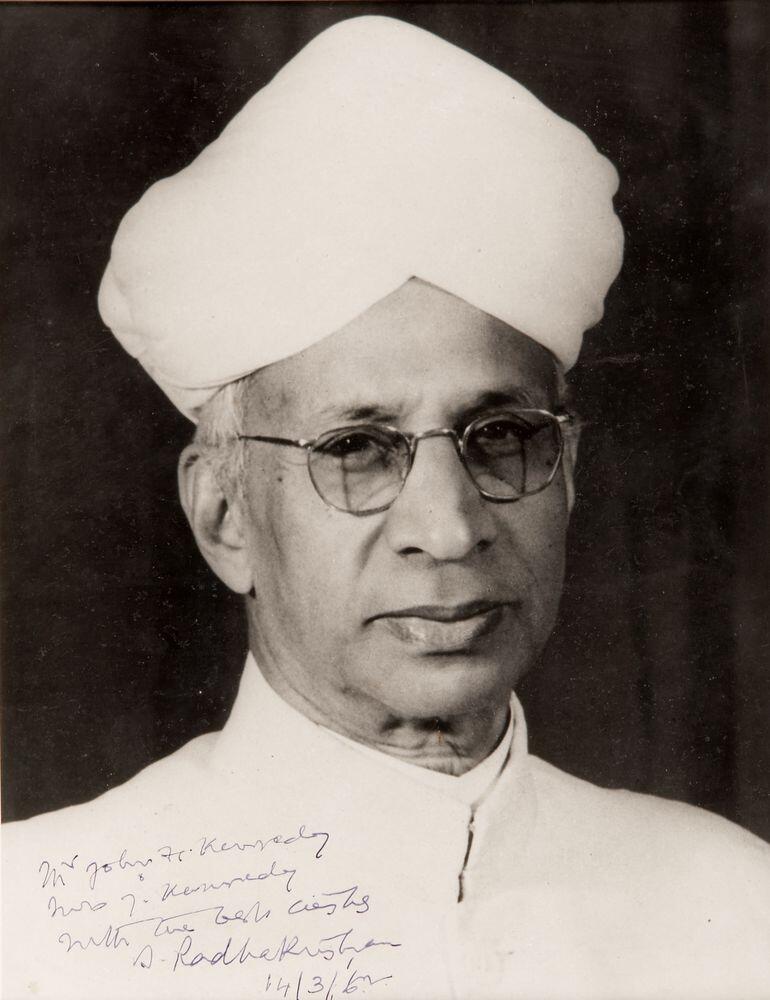
KR Narayanan, 1998
KR Narayanan, the first President from the Dalit community, did something quite unique in his first Republic address. As Gopalkrishna Gandhi, a scholar and former civil servant, who worked on President Narayanan’s staff once, wrote in a 2018 column for The Telegraph:
His Republic Day address, 1998, is classically Narayanan. It coils its wisdom into history. Describing Republic Day as “the anniversary of a defining moment in our history”, he traces its origin to the 26th of January of 1929 when the Indian National Congress declared Purna Swaraj to be “the right of every Indian”. Narayanan quotes from its resolution: “…if any government deprives a people of their rights and oppresses them, the people will have the further right to alter it or abolish it”. And he then gives a reading of the condition of the nation in 1998. “We are witnessing…” Narayanan says, “an uncontrolled growth of communalism and casteism, snuffing out the light of secularism in our society” and an “increase in corruption, violence and criminalisation of politics and society”. He adds, “…[the] benefits of development do not flow from one compartment to another”.
All three readings define the condition of the nation at the time. They define the condition of the nation today.
Looking back into history, President Narayanan also spoke of our responsibility in “dealing with these dark forces threatening the fabric of our society”.
Citing MK Gandhi’s historic 1947 fast in the face of communal carnage in Kolkata, Narayanan harked back to a moment when a distinguished leader sought to prevent Gandhi from taking that step. The leader had asked Gandhi, “Can you fast against goondas?”
Gandhi replied, “It is we who make the goondas. Without our sympathy and passive support goondas will have no leg to stand upon. I want to reach the hearts of the people behind the goondas.”
Narayanan further added, “In the situation obtaining to-day, the people have the right, the duty and the opportunity to dissociate themselves from individuals and groups who propagate and indulge in corruption, violence, and crimes against society. They must not give them passive support, as Gandhi ji advised, and shun and isolate them in society.”
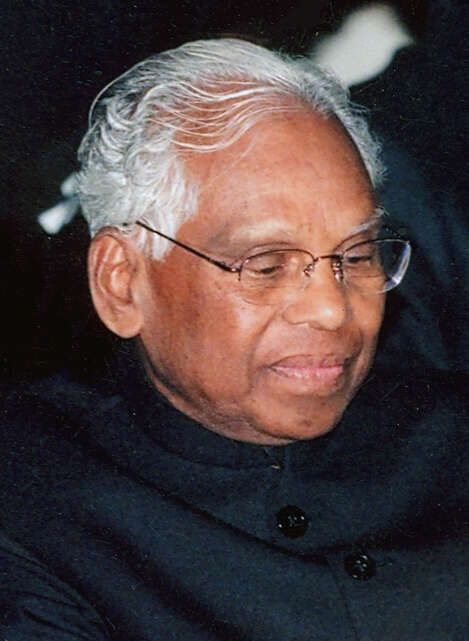
Dr. APJ Abdul Kalam, 2007
Dr. Kalam quite easily stands among the most popular presidents this country has ever seen. A man of science, Dr. Kalam was also a symbol of hope, progress and vision for many Indians. In his memorable 2007 pre-Republic Day speech, he extolled the nation’s progress in poverty eradication, economic development, technological advancement and also spoke of the necessity of progress in science and fostering the spirit of entrepreneurship within Indian families. It was a speech that took the nation right into the heart of modernity.
Akin to former US president John F Kennedy’s historic words, “Ask not what your country can do for you – ask what you can do for your country,” President Kalam’s topic for that day’s speech was, “What can I give to my nation?” But a prerequisite for any contribution to the nation is the courage to overcome the challenges that stand before each citizen. Addressing the importance of courage, Dr. Kalam recalled his own personal experience of flying in the Su-30-MKI fighter jet alongside Wing Commander Ajay Rathore.
One young man asked me, “Mr President, please tell me, since you have flown in the supersonic fighter aircraft at the age of 74, were you afraid any time during the flight.” I told the young man, “All the 40 minutes of the flight, I was busy on the controls and instruments and experiencing the “g” build up. I was advised by the captain to track targets and also look at the ground using the synthetic aperture radar. In addition, I was observing the performance of the instruments developed indigenously. I was continuously busy in the flight operations and I didn’t have time to allow fear to enter into me.” Now, dear young friends who have assembled in front of me and the nation, I have a message of Courage for you.
Courage to give
Courage to think different,
Courage to invent,
Courage to discover the impossible,
Courage to travel into an unexplored path,
Courage to share knowledge
Courage to remove pain
Courage to reach the unreached
Courage to combat problems
And succeed,
Are the unique qualities of youth.
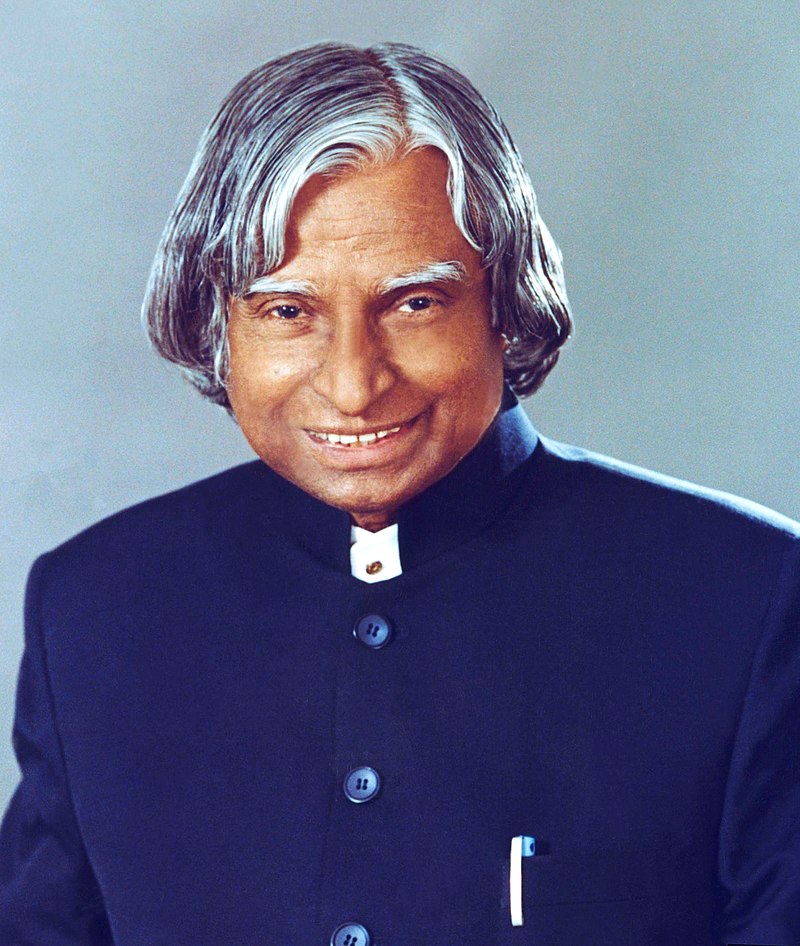
Pranab Mukherjee, 2013
The foundation stone of any Republic Day address made by the President is the Constitution and the basic principle it enshrines. Our independence holds little value if we the people did not know what was required to be done with our hard-fought freedoms.
As President Mukherjee said at the time, “India did not win freedom from the British in order to deny freedom to Indians. The Constitution represented a second liberation, this time from the stranglehold of traditional inequity in gender, caste, community, along with other fetters that had chained us for too long.” However, of greater significance were what he said about two very contemporary issues of our time—income inequality and women’s safety.
Following the horrific gangrape and murder of a young woman in Delhi, which led to mass protests, President Mukherjee spoke of the importance of women’s safety.
“The time has now come to ensure gender equality for every Indian woman. We can neither evade nor abandon this national commitment, for the price of neglect will be high. Vested interests do not surrender easily. The civil society and the government must work together to fulfill this national goal,” he said. Although President Mukherjee could have done away with repeated references to a woman’s role as a wife or mother, he nonetheless brought greater focus to the problem in front of the whole country.
Another key issue he spoke of was income inequality.
“The young cannot dream on an empty stomach. They must have jobs capable of serving their own as well as the nation’s ambitions. It is true that we have come a long way from 1947, when our first Budget had a revenue of just over Rs 171 crore. The resource base of the Union government today is an ocean compared to that drop. But we must ensure that the fruits of economic growth do not become the monopoly of the privileged at the peak of a pyramid. The primary purpose of wealth creation must be to drive out the evil of hunger, deprivation and marginal subsistence from the base of our expanding population,” he said.
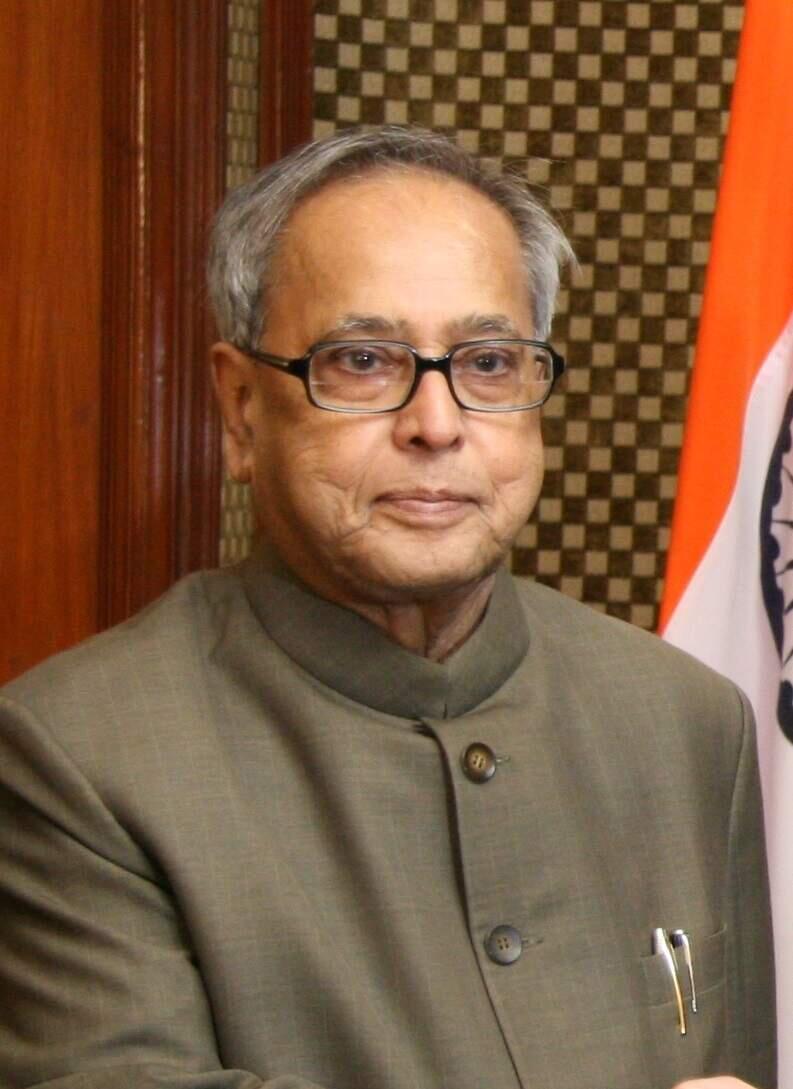
(Edited by Yoshita Rao)
Like this story? Or have something to share? Write to us: [email protected], or connect with us on Facebook and Twitter.
If you found our stories insightful, informative, or even just enjoyable, we invite you to consider making a voluntary payment to support the work we do at The Better India. Your contribution helps us continue producing quality content that educates, inspires, and drives positive change.
Choose one of the payment options below for your contribution-
By paying for the stories you value, you directly contribute to sustaining our efforts focused on making a difference in the world. Together, let's ensure that impactful stories continue to be told and shared, enriching lives and communities alike.
Thank you for your support. Here are some frequently asked questions you might find helpful to know why you are contributing?













